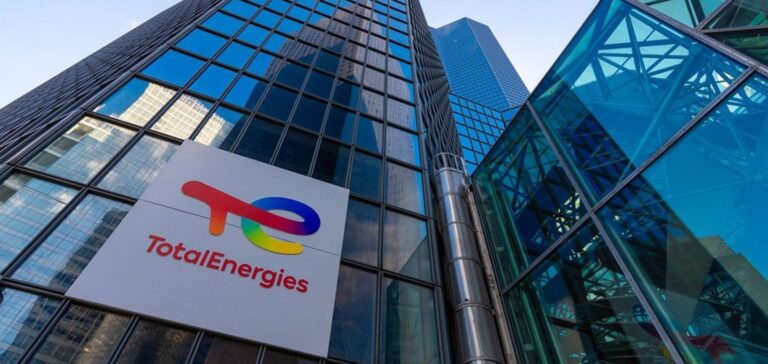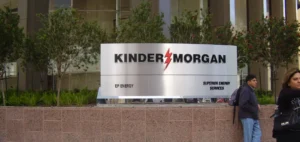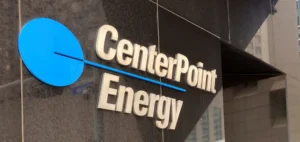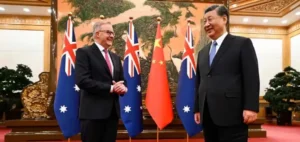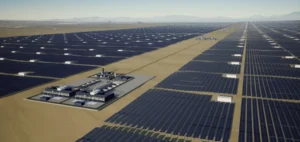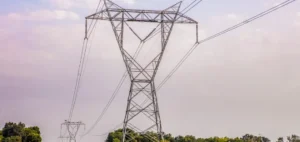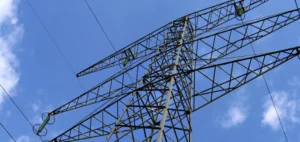After BP on Thursday in London, another European oil major, TotalEnergies, is preparing for a climate debate with some of its shareholders, in particular on its emissions linked to the use of its hydrocarbons, at its general meeting on May 26. The group recommended Friday to its shareholders to vote against a resolution on its indirect CO2 emissions as “contrary to the interests” of the French oil and gas group, “its shareholders and its customers”.
Advisory resolution of the organization Follow This
The advisory resolution, from the activist shareholder organization Follow This, was nevertheless placed on the agenda of the AGM by the group’s board of directors meeting on Thursday, TotalEnergies said in a statement on Friday. By focusing on indirect CO2 emissions, it asks TotalEnergies to align its CO2 emissions reduction targets with the Paris Climate Agreement by 2030, i.e. to ensure that emissions related to the use of its own customers’ oil or gas, known as scope 3 emissions in the climate jargon, are also “aligned with the Paris Agreement.”
Direct or indirect, greenhouse gas emissions must be reduced sufficiently to achieve the goal of limiting global warming to below two degrees, and if possible to 1.5°C, compared to the pre-industrial period (1850-1900), according to the Paris Agreement. The oil company’s board of directors argues that its Scope 3 emissions actually “correspond” to the direct emissions of its own consumers. The group refuses to take responsibility for this, even though it says it wants to support its customers in their decarbonization process. “TotalEnergies does not manufacture airplanes, cars, cement or steel,” says TotalEnergies, which fears that a drastic reduction in its Scope 3 emissions would in fact redirect its customers to competing suppliers, “in particular national oil companies in producing countries.
“No beneficial effect”
According to the group, “this strategy would have no downward effect on global greenhouse gas emissions, and therefore no beneficial effect on the climate. Its implementation would also be “bad for its shareholders” insofar as it would have to sell its service stations and marketing activities of oil products and gas to other operators, says the group. “It would also be a counterproductive strategy for TotalEnergies’ customers,” he said. TotalEnergies is nevertheless committed to highlighting its climate efforts and is calling on its shareholders to “vote in favor” of its own climate resolution, which it will submit to the AGM the same day. This official climate strategy focuses on reducing emissions related to the production of hydrocarbons (on-site combustion, vehicles used, scope 1, or energy consumption, scope 2).
Presented for the third year to shareholders for approval, it includes a strengthening of commitments, such as not exceeding 38 MT of CO2 emissions in 2025 compared to 2015. “In the world of TotalEnergies, drug sellers should not be held responsible for drug use,” reacted Lucie Pinson, director of the NGO Reclaim Finance, calling on investors “concerned about climate issues” to “support” the Follow This resolution and “oppose TotalEnergies’ climate plan.” The objective, according to her, is to “force” the group to do “more than the paltry 2% reduction target it currently envisages for its scope 3 emissions by 2030”. Follow This had previously spearheaded the company’s first binding climate resolution in 2020 that garnered 17% approval. The coalition of 17 investors, which together manage $1.1 trillion and own nearly 1.5% of TotalEnergies, includes La Banque Postale AM, Edmond de Rotschild AM, La Financière de l’Echiquier, and Sycomore AM. On Thursday in London, at BP’s AGM, Follow This tabled a resolution that would have forced the group to revise its energy transition plans to make them more ambitious. It received 16.75% of the total votes.

